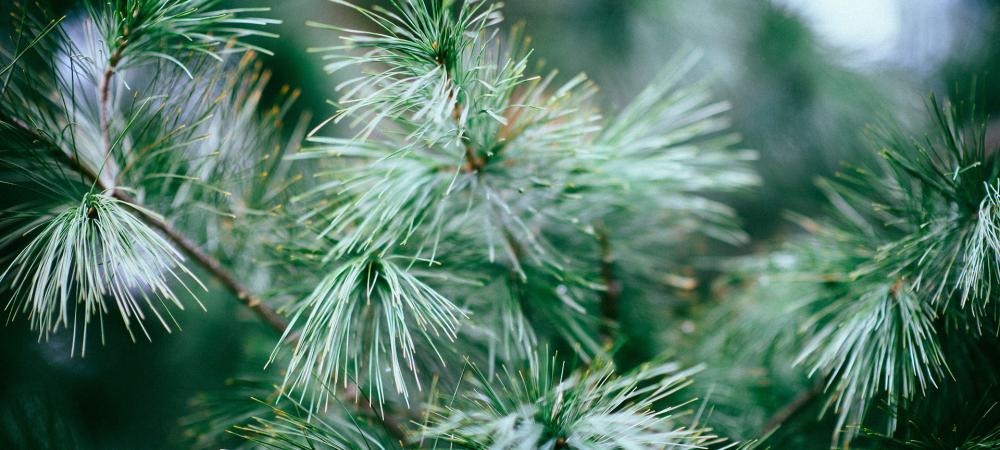How to Winterize Trees and Shrubs in North Carolina

Winter can be harsh on North Carolina’s trees and shrubs. Cold temperatures, frost, and fluctuating weather can cause branch breakage, root damage, and dehydration. Winterizing your plants now protects them from damage and ensures a healthy, vibrant landscape come spring.
In this guide, we’ll cover preparing plants, protective measures, watering tips, pest prevention, and long-term strategies to keep your trees and shrubs thriving all winter long.
Preparing Plants for Winter
Pruning
- Remove dead or damaged branches to reduce the risk of breakage from ice or snow
- Avoid heavy pruning late in the season, which can encourage new growth susceptible to frost
Mulching
- Apply a 2–4 inch layer of mulch around roots to insulate against freezing temperatures
- Keep mulch a few inches away from the trunk to prevent rot and pests
- Organic mulches like pine bark or shredded leaves are ideal for winter insulation
Protective Measures
Burlap Wraps and Tree Guards
- Protect delicate shrubs and young trees from harsh winter winds and frost
- Wrap burlap loosely to avoid suffocating branches
- Tree guards can prevent wildlife damage to bark
Frost Blankets and Covers
- Lightweight covers shield plants from sudden freezes
- Best used for sensitive shrubs or newly planted trees
- Remove covers during sunny days to prevent overheating
Watering and Soil Considerations
Even in winter, plants need moisture. Here’s what to do:
- Deep watering before freeze: Ensures roots are hydrated before cold sets in
- Avoid overwatering: Wet soil can freeze, causing root damage
- Soil drainage: Check that water doesn’t pool around roots; proper drainage prevents ice damage
Pest and Disease Prevention
Winter doesn’t stop pests entirely. Protect your trees and shrubs by:
- Inspecting for overwintering insects like scale or spider mites
- Removing diseased leaves or branches to reduce infection risk
- Cleaning up fallen debris around the base of trees and shrubs
Preventive measures now reduce the chance of infestations or diseases in early spring.
Long-Term Winter Care Strategies
Plant Hardy Varieties
- Choose cold-hardy plants suitable for North Carolina’s climate
- Native species are often more resilient to winter weather
Soil Amendments
- Improve soil structure to strengthen root systems
- Add compost or organic matter in fall to support plant health
Proper Planting Locations
- Avoid low spots prone to frost pockets
- Consider windbreaks for sensitive trees or shrubs
Winterizing your trees and shrubs is a key step to protecting your landscape through North Carolina’s colder months. By preparing plants, applying protective measures, managing water, and preventing pests, you can ensure healthy growth in spring.
Start preparing your yard today with our tree and shrub care services and check out other seasonal lawn care tips for your city.
